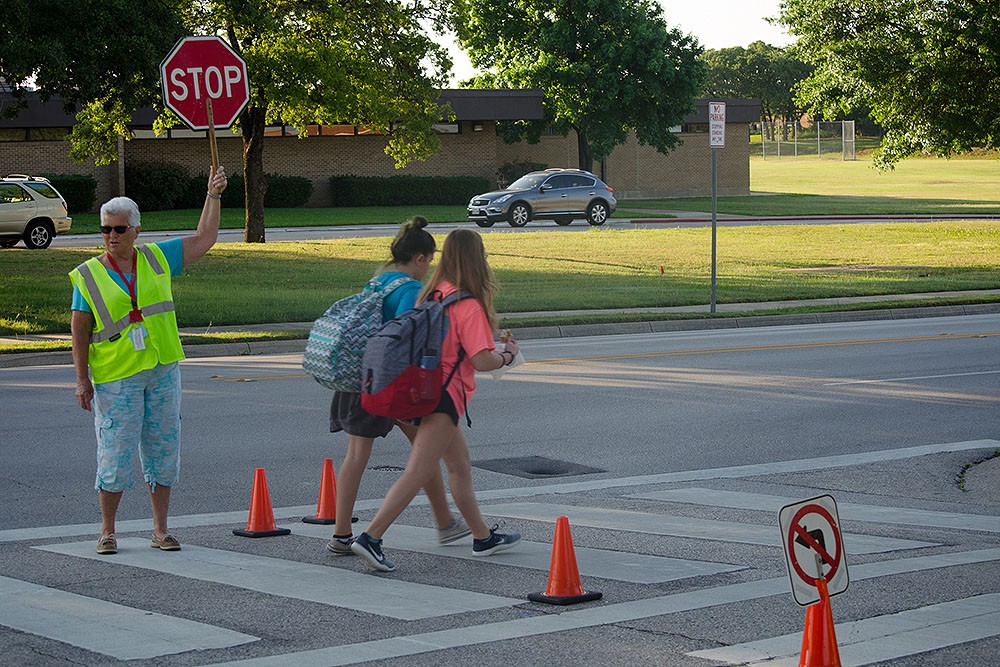
Hot summer days combined with the winding mountain roads of your recent road trip put a strain on your vehicle’s braking system. And if you tow a boat or trailer, the stress is multiplied.
Now add increased traffic congestion that accompanies back-to-school season and the subtle squeaks and squeals when you press your brake could be signs of impending brake trouble.
“Get your vehicle checked by a professional brake technician,” said Tony Molla, industry expert and former vice president at Automotive Service Association. “And always get an inspection if you hear noises coming from the wheel well.”
Molla recommends a professional brake check. Summer heat strains all vehicle components and neglecting the warning signs when you use your brakes, such as a grinding noise, can lead to failure of your braking system.
“Heat is the enemy and the effects of heat on the braking system can grow exponentially when a vehicle is loaded with gear and pulling a trailer,” Molla said.
Consider: Braking depends on friction, and the normal wear process slowly erodes the brake system over time. Routine maintenance of the brake system components, brake fluid and brake hoses prevents normal wear and tear from becoming a costly headache.
Friction and heat may cause uneven wear on brake parts. If brake pads become too worn down, the metal plate that holds the friction material may permanently damage brake rotors. Rather than a minor brake repair, you may wind up replacing the entire brake system.
Contaminated brake fluid occurs over time as bits and pieces of the brake system deteriorate. Contaminated brake fluid can damage other brake components. Also, exposure to air or moisture through leaks or cracks lowers the boiling point of the brake fluid and reduces brake performance.
For drivers living or driving in wet environments, moisture can accumulate in the system and lower brake performance. Other common brake concerns include loose fittings, rusted clamps and damaged rotors.
Your service advisor may recommend a brake fluid flush to replace old, contaminated fluid. Check your vehicle owner’s manual for fluid replacement recommendations.
Here are some critical brake reminders for your travels and beyond:
- Beware of signs that your vehicle’s brake system needs some attention. Do you hear squeals or feel vibrations when brakes are applied? Does the brake pedal feel spongy or drop all the way to the floor?
- Check for leaks of the brake reservoir. Also known as the master cylinder, the reservoir is located beneath the hood and needs to be inspected periodically for worn out seals.
- Check for leaks from pistons and other brake caliper components near the wheel well.
- Inspect brake hoses for cracks and brittleness. The hydraulic system requires fluid and a pressurized system to function properly. Leaking or damaged brake lines degrade system performance.
- Ask your advisor if it’s time for fluid brake replacement. Old, contaminated fluid needs to be replaced periodically. See owner’s vehicle manual guidelines.
- Do not ignore warning lights on the dashboard or messages on your display screen. They must be addressed immediately to prevent possible brake system failure.
- Avoid aggressive driving, which places unnecessary strain on brakes and accelerates brake system wear.
- Get quality brake replacement parts. They last longer and perform better.
- Test the parking brake. It is easy to overlook when you’re having your vehicle serviced for regular oil changes and tire rotation.
- Make a habit of getting an inspection of your vehicle brake system during every oil change or tire rotation (about every 5,000-7,000 miles).
- If you are towing a vehicle, test your brakes with the trailer loaded before leaving town.
- Have a friend check brake lights on your vehicle and trailer. Pump the brake pedal to make sure all brake lights are operating properly.
- See your vehicle owner’s manual for vehicle-specific recommendations.
Copyright © 2024 by Sensible Driver. All rights reserved.